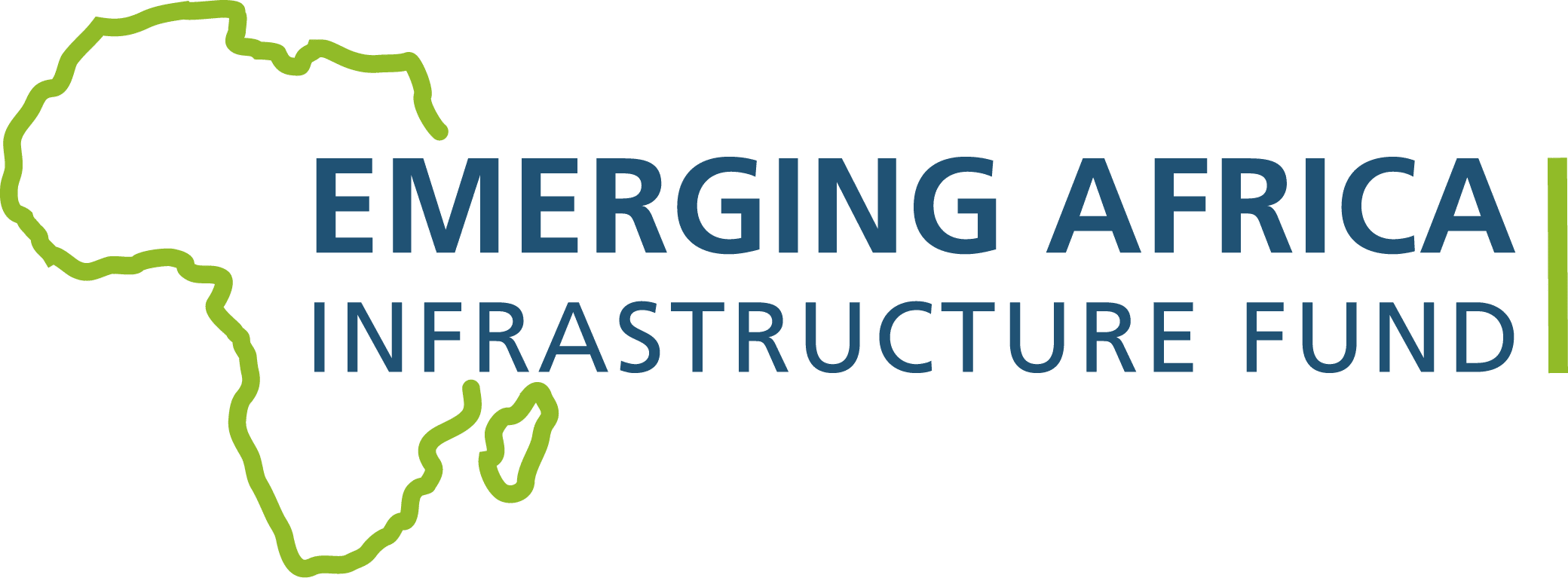
Liquid Telecom: Bond market better for growing operations
On 22nd March, reporter Mudiwa Gavaza of Business Day newspaper wrote about the investment plans of Liquid Telecommunications, which recently had a successful bond issue supported by PIDG company, the Emerging Africa Infrastructure Fund. Read the full story.
Image above: Kate Hennessy. Group CFO at Liquid Telecom. Picture: SUPPLIED.
Liquid Telecom, part of Zimbabwean billionaire Strive Masiyiwa’s Econet Group, says it will use funds from its recent $840m (R12.4bn) bond to invest in new infrastructure, data centres and new technologies.
Liquid Telecom, traditionally a telecoms infrastructure player, has built Africa’s largest independent fibre network, stretching more than 70,000km, and operates data centres in Johannesburg, Cape Town and Nairobi, and is expanding its offering beyond telecommunications.
Liquid is expanding its cloud business, security services and other technologies on top of its existing telecoms capability. As such, the business is rebranding itself to Liquid Intelligent Technologies, entering a market dominated by companies such as Telkom subsidiary BCX, Dimension Data, EOH and Altron.
As part of the change, the group has taken advantage of its fibre network to create a data centre service on the continent. Through its subsidiary, ADC, the company is Africa’s largest data centre operator. In SA, the company recently bought the Samrand data centre, north of Johannesburg, from Standard Bank for an undisclosed sum.
Liquid Telecom CFO Kate Hennessy says the shift has resulted in the group’s revenue mix moving more towards recurring or annuity revenues characteristic of a typical technology firm.
“We are resegmenting our revenue to show this pivot to a technology company,” she said.
As a result, the company has redefined its revenue pillars. Where before the focus was on wholesale, enterprise and retail, they now make money from cloud and digital services, their data centre operations and the undersea cable unit Liquid Sea.
In the quarter to end November 2020, 95% of Liquid’s revenue was recurring or annuity based.
“If we look at our results for the last financial year, we’ve had a higher percentage of recurring revenue than we’ve ever had in our entire lifetime,” said Hennessy. Though the aim is to increase this type of earnings, she says the percentages are likely to fluctuate, reflecting lump sums that tend to come from its traditional lines of business such as fibre communications.
The company recently took to the bond market to raise capital. The new funding is made up of $620m from the international bond markets as well as a $220m SA term loan. These will be used to refinance the group’s existing debt and to support its growth strategy.
Hennessy said the bond markets are a developed way for companies to access significant amounts of capital to fund their operations and growth. “They’re particularly good for growth companies because they have a maturity date, usually five years onwards, at which point you either repay or refinance them. That’s really attractive to a company that would prefer to reinvest its cash into growing” she said.
The successful pricing of the bond, which launched in February, attracted more than 230 investor orders, including anchor orders from the International Finance Corporation (IFC), DEG and the Emerging Africa Infrastructure Fund. IFC, a sister organisation of the World Bank, is the largest global development institution focused exclusively on the private sector in developing countries.
DEG, also known as German Investment Corporation, provides development financing, grants loans and support for long-term projects in emerging and development markets. The Emerging Africa Infrastructure Fund provides loans to infrastructure projects in Africa.
“The bond markets are a very developed way for companies to access significant amounts of capital to fund their operations and growth,” said Hennessy. Bonds usually carry a term or period which the funds are loaned out for. The money only needs to be paid back at the end of that term with interest payments being the only requirement along the way.
“If you think you’re going to grow in the intervening period, it’s a very good way to finance that because you’re having to pay back the interest,” which helps with having cash on hand, Hennessy said. “And that’s what really makes the bond market attractive.”
The bond market is also good for establishing a track record for a company, she said. Companies are usually rated by agencies such as S&P Global Ratings and Moody’s Investors Service. Liquid has a B1- rating with Moody’s and B+ with Fitch Ratings.
“It’s quite a good way for any other investment down the road that follows on, things like equity market transactions because they see you’ve got a history in a public capital market that’s accessible for them to look at.”
While the bond market does provide these benefits, why has Liquid not floated its shares on the stock market?
“The equity market … I think everyone realises that one day we’ll get there. We’ve always wanted to go to the market with a really good growth story. The last couple of years have been quite difficult macroeconomically for some of the regions we operate in, like Zimbabwe in particular. SA has also had a tough last year,” she said.
“It’s not for me to dictate, that will be something for our shareholders and board to discuss and decide but in the trajectory of the company, it will happen at some point.”

June 11, 2019.Mudiwa Gavaza Business Writer.Picture: Freddy Mavunda © Business Day
—
